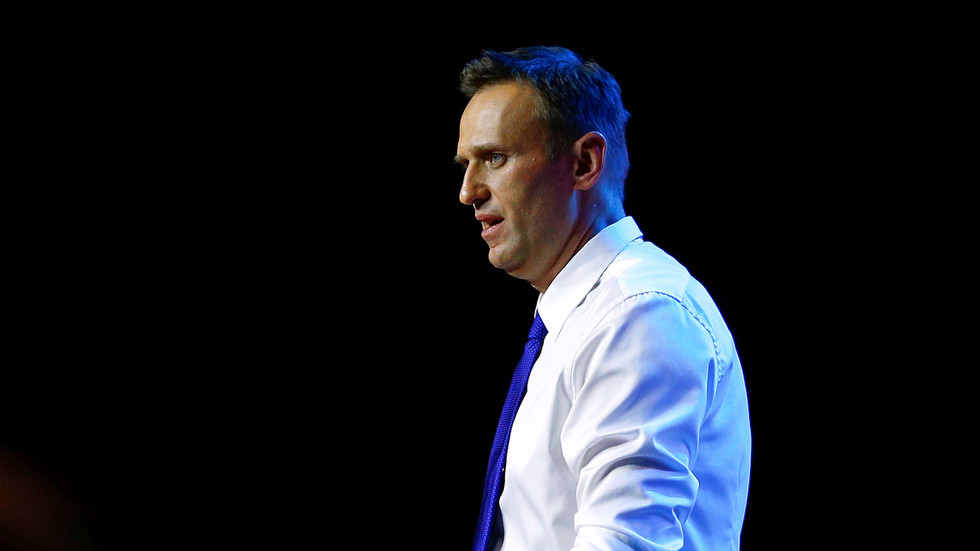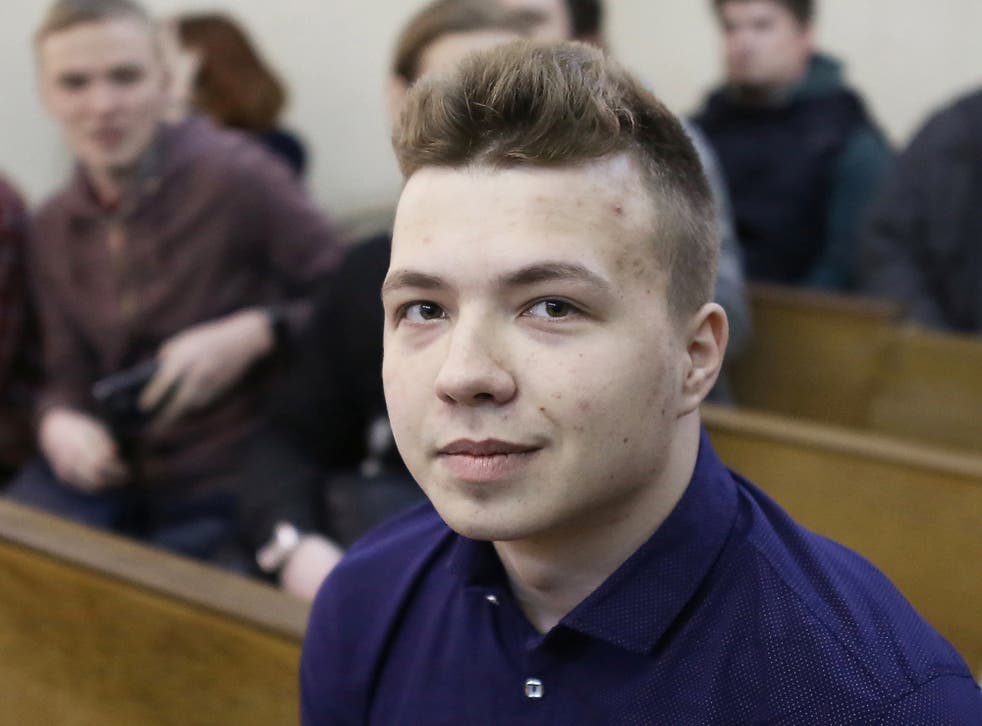
By Natylie Baldwin, RT, 5/29/21
Alexey Navalny, the West’s favorite Russian opposition figure, is loved abroad, but remains a divisive figure within the country. However, that doesn’t mean Russians don’t want change, and there is plenty of local civic activism.
Navalny has risen to prominence internationally over the past six months, widely characterized overseas as a pro-Western liberal democrat who is being persecuted because he represents a popular and genuine threat to President Vladimir Putin’s government. However, polling from Levada, a pollster which has received Western funding and is considered a “foreign agent” in Russia, tells a different story, showing that 56% of Russians disapprove of the opposition figure’s activities (in journalism, politics & activism) with 19% sympathetic to his work.
In the political sense, only 2% of Russians would support Navalny if he were to run for the presidency. By contrast, 56% of voters, 28 times more, are ready to support another term for Putin, if an election were held now.
That said, the president’s relative popularity doesn’t mean there aren’t Russians who have genuine grievances. These typically involve things that affect the standard of living in the country, like economic security, local infrastructure and environmental issues. Wages and standard of living conditions have stagnated or even decreased in Russia since 2014, because of a combination of factors, including sanctions, increased investment in the military (which was reduced again in 2017), the Covid-19 pandemic, and the government’s decision to continue favoring macroeconomic stability, with relative austerity for average citizens.
A significant number of those polled believe that attending his protests was prompted more by that kind of dissatisfaction than by support for the divisive Navalny; a majority of Russians are opposed to his actions.
Elena Bezrukova, a political scientist at the Russian Presidential Academy of National Economy and Public Administration, found that most of the protest participants she’d interviewed in January gave “standard of living” as a driving force for their participation.
The majority of those she spoke to initially singled out Navalny as the main reason for protesting. “But,” she said, “poverty and low living standards were the most frequent answer to questions about general issues.” In addition, she believes that a combination of factors unrelated to the opposition figure have been driving civil unrest. “People have been affected by coronavirus fatigue, inflation, lower wages and the risk of losing their jobs,” Bezrukova added, “all of which create a general public alarm.”
However, this feeling of unease does not translate into any meaningful desire by Russians to overthrow the government. Surveys indicate that, although a significant number are willing to voice displeasure with socioeconomic problems, they are much more inclined to sign a petition or to contact local officials than to engage in unauthorized street protests…
Read full article here.

